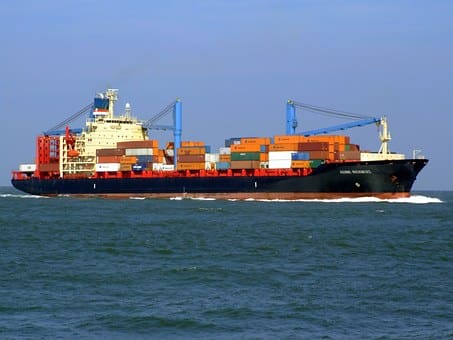Freight brokers and logistics companies (also referred to as Third Party Logistics, or 3PL) are often thought of as similar in their function, but actually have different approaches to moving freight. Small companies are often faced with the choice of using a Freight Broker or logistics company but are often confused about the differences. It’s easy to do because many core functions overlap.
Freight Brokers and Logistics Companies: Different Roles
Both freight brokers and 3PL’s serve as intermediaries between the shipper and the carrier. However, their separate approaches to doing so can be very different.
Typically, a freight broker is focused on the execution of one shipment goal at a time. Brokers strive to make sure they are hitting a target cost and service for a particular shipment. Each load is considered outside the context of the future needs of the business or the state of the logistics market.
Brokers focus on creating contacts in a large networks of carriers. With these relationships, they try to match a freight load with the lowest cost per mile. Brokers tend to be hands-off when it comes to the details of actual load management.
A 3PL’s role is more strategic and partnership-based. Their focus is on a long term, growing relationship that goes way beyond individual shipments. Looking at a shipper’s entire supply chain, a 3PL can oversee the movement of goods and plan for contingencies that can affect market delivery and performance.
More Differences
Third Party Logistics companies are data-driven. They supply valuable information to shippers that can aid in decisions like warehousing and shipping mode. Their modality networks are also much more extensive and commonly international, including air and ocean freight resources.
As part of their overall strategic approach, 3PL’s focus their resources into gaining a thorough understanding of the shipper’s changing needs so that efficiency is achieved in rapidly changing logistics environments. Many 3PLs actually own a set of freight-carrying assets to meet demand, such as a fleet of trucks or shipping containers.
Determine Your Freight Needs
If your company is smaller with lower volumes of regular freight shipments, a broker may be the best option. If your shipping needs include higher volumes that can be affected by logistics market conditions, international considerations or more extensive access to data-driven solutions, a 3PL will suit you much better. Outsourcing your logistics? A broker can only handle a small piece or two of the picture whereas a 3PL can take on an entire shipping operation and make it more efficient. A broker can quickly hire a tractor trailer for a load from A to B, and in general match your freight to a truck that can carry it, while a 3PL is geared to handle your entire logistics picture.
